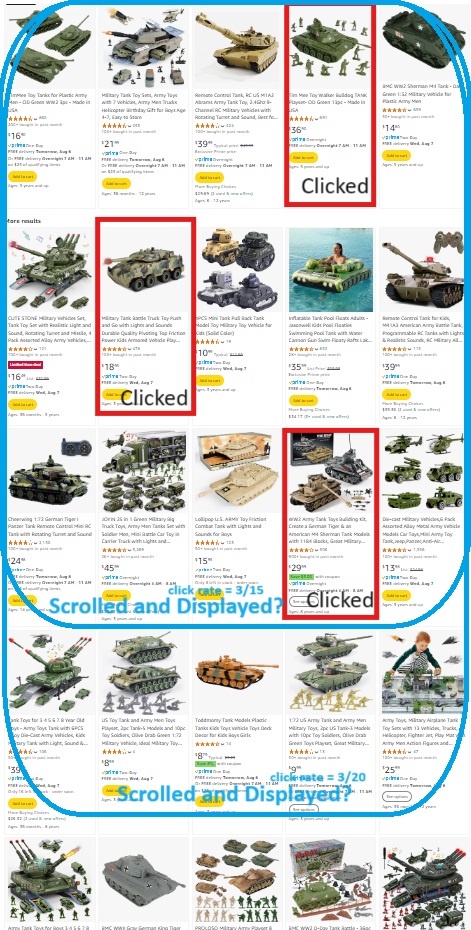I’ll skip the complex science and get straight to the point. If you’re looking to treat or prevent male pattern baldness (Androgenetic Alopecia), the most effective solutions are oral tablets or topical sprays/foams.
While combining both is often the most powerful approach, oral tablets are well-known for a small risk (roughly 1%–8%) of sexual side effects. Fortunately, recent studies show that topical treatments (like sprays) provide similar results with much lower absorption into the bloodstream, which significantly reduces that risk.
You basically need two types of ingredients:
Continue reading A No-Nonsense Guide to Beating Hair Loss: Maximizing Growth While Minimizing Side Effects